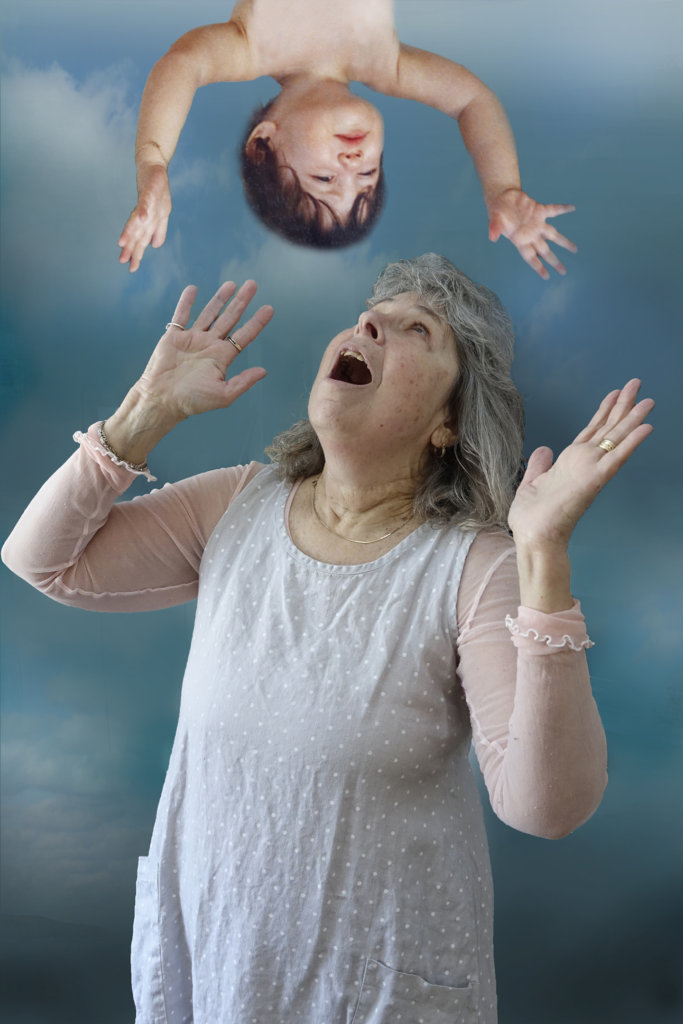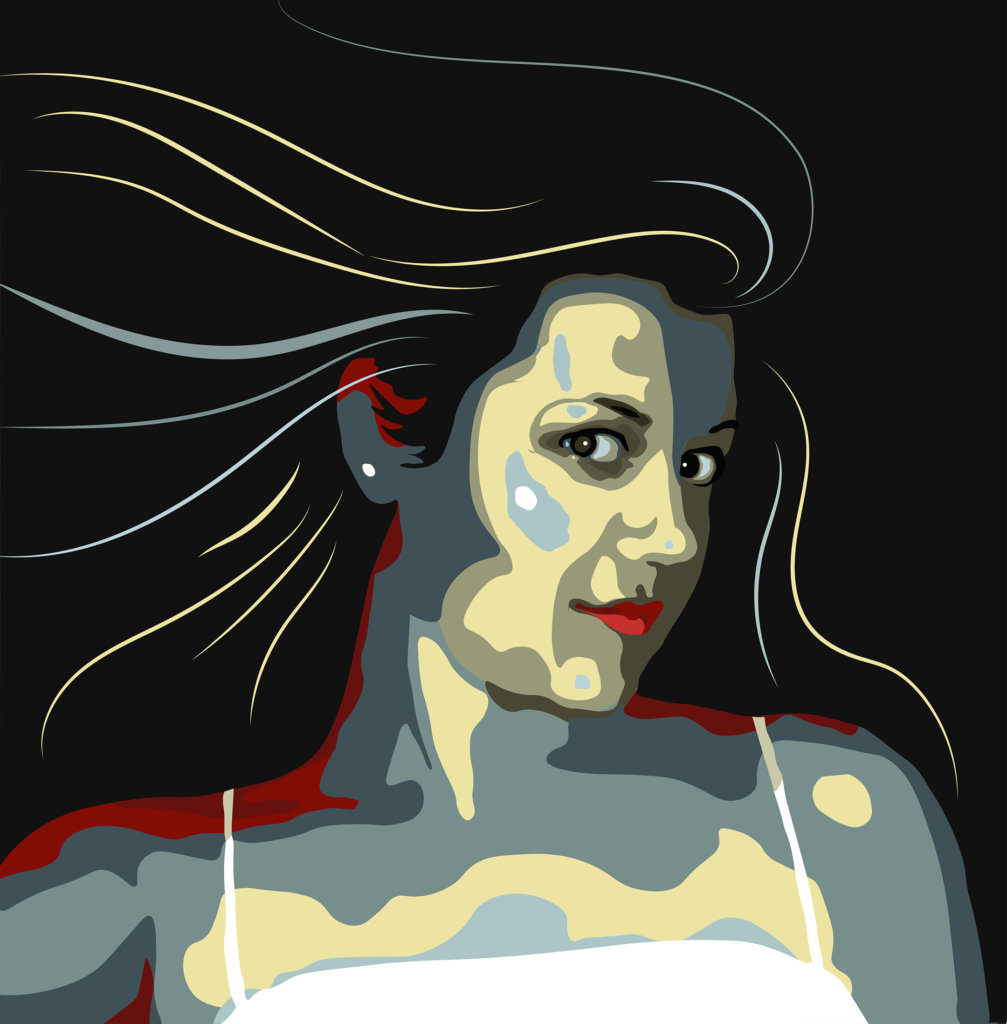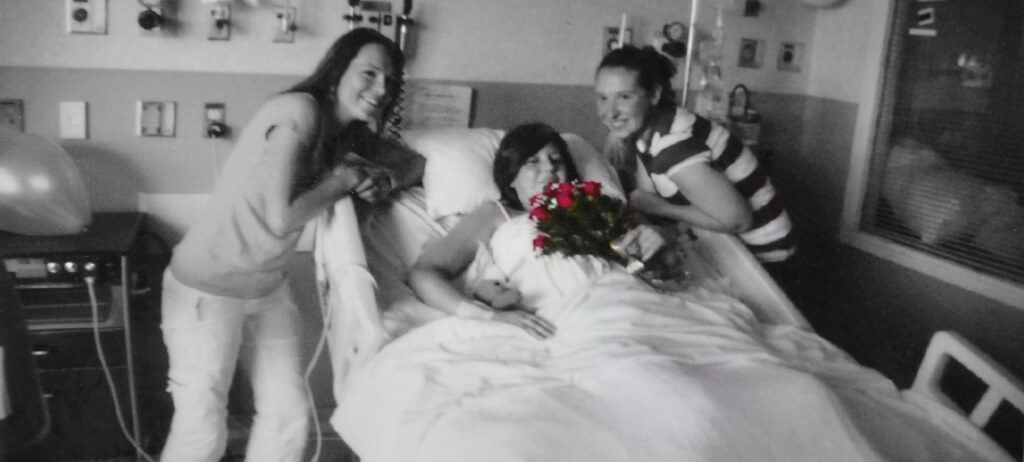 Dear Friend who is Suffering Aching Throbbing Pain;
Dear Friend who is Suffering Aching Throbbing Pain;
“Knives cutting through your heart,” you wrote to me. I’m sorry it hurts so much to see your lost dreams being lived by others around you. And I understand your “trying to sound happy” for your friends boasting of children graduating and getting married, for friends who get to vacation with their dozen or more grandchildren and are great-grandparents five times over. Yes, my heart has been shredded too. Having only one immediate family member (who lives far away), I often feel like a lone lost orphan myself.
Oh, bleeding heart. Violins are playing for what we’ve lost and all those things we will never have or get to experience. My suffering friend, we need to change that sad song or all this aching throbbing pain will make us sick. It will poison our lives. We have enough to mourn over without grieving the crazy-happy households of our past, the perfect problem-free progeny we’d always imagined, precious grandbabies video-taped all over Facebook … all the things we can’t have.
I’m not going to tell you we have to be grateful for what we do have. I’m not going to remind us that we can’t have everything, or that you and I really lead exquisitely privileged lives and there are infinitely more terrible tragedies in the world than not having a grandchild.
Life doesn’t last. Nothing lasts. Children leave home, grandchildren grow up, people we love die. And they leave empty black holes in our hearts. We need to learn to fill these with whomever or whatever is left, and allow ourselves to still love, and be loved. Easier said than done. This can be a lifelong project.
We can improvise. We can create. Dedicate our energies elsewhere. Volunteer. Find a cause, fund a foundation, or organize a food drive. Plant a forest. Mentor someone or adopt, (there’s gotta be a young child out there somewhere who needs a grandmother). Fill your life with other things. It’s all distractions. But they are opportunities to lose yourself and find yourself. And you might just make a difference in someone else’s life.
And when all these distractions are done for the day, when your most-fortunate friends disappear into their happy homes and you’re left alone with your pain, the best thing you can do is learn to love that aching throbbing pain. Because, reduced down to its common denominator, that pain is simply the love you still have for your beloved and the dreams that died when they did. So grab up the box of tissues, and wrap yourself in a warm blanket, and love your pain. Like it’s your grandchild.
How many grandchildren do YOU have? I really like seeing pics of people and their grandchildren. They make me smile. Can dogs be good substitutes for grandchildren?
Please Share on your Social Media
 “Do you ever go out dancing?” someone asked an old woman. The old woman looked away, smiling, not sure how to answer. Because she’d been out just the night before, listening to the music of frogs, the joyful trilling of tree frogs and low gunk-gunks of the bulls. And she’d danced in the driveway with her dog.
“Do you ever go out dancing?” someone asked an old woman. The old woman looked away, smiling, not sure how to answer. Because she’d been out just the night before, listening to the music of frogs, the joyful trilling of tree frogs and low gunk-gunks of the bulls. And she’d danced in the driveway with her dog. “What magnificent thing will we do today?” I ask my daughter. She’s been dead for six years now, but this is how I begin my days. Walking the dog in the driveway, looking through trees to see what color the sky is wearing, I say, “What magnificent thing, Marika?”
“What magnificent thing will we do today?” I ask my daughter. She’s been dead for six years now, but this is how I begin my days. Walking the dog in the driveway, looking through trees to see what color the sky is wearing, I say, “What magnificent thing, Marika?” It’s when they buy a mattress, “Sealy Posturepedic, Mom. And a frame, and I got sheets….” That’s when you know: they’re really leaving home this time.
It’s when they buy a mattress, “Sealy Posturepedic, Mom. And a frame, and I got sheets….” That’s when you know: they’re really leaving home this time. This is a vector portrait of my daughter Marika Joy Warden who was an aspiring young writer before she died of complications from cancer. It looks simple. But it took me forever to draw. Every shadow and highlight was painstakingly plotted out with a computer mouse-operated “pen tool” in the Adobe Acrobat Illustrator program.
This is a vector portrait of my daughter Marika Joy Warden who was an aspiring young writer before she died of complications from cancer. It looks simple. But it took me forever to draw. Every shadow and highlight was painstakingly plotted out with a computer mouse-operated “pen tool” in the Adobe Acrobat Illustrator program. “You can have all the ice cream cups you want,” the nurses at the oncology unit told me, back at the beginning of the journey through the wilds of cancer with my daughter. They knew I wasn’t hungry so much as in need of kindness. But even more than kindness, I desperately needed to know Marika was in good hands, that the people around her cared. Over the course of her cancer, hundreds of nurses would come to look into Marika’s eyes, check her vitals, listen as she scored her pain on scales of 1 to 10, and treat her like a princess. And even when I hollered at the nurses, the time they barred me from her room (as per the princess’s request), I was thoroughly grateful for all their caring.
“You can have all the ice cream cups you want,” the nurses at the oncology unit told me, back at the beginning of the journey through the wilds of cancer with my daughter. They knew I wasn’t hungry so much as in need of kindness. But even more than kindness, I desperately needed to know Marika was in good hands, that the people around her cared. Over the course of her cancer, hundreds of nurses would come to look into Marika’s eyes, check her vitals, listen as she scored her pain on scales of 1 to 10, and treat her like a princess. And even when I hollered at the nurses, the time they barred me from her room (as per the princess’s request), I was thoroughly grateful for all their caring.